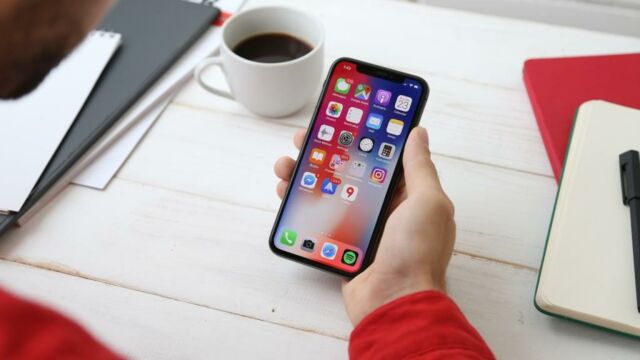These are the 3 things you should check when downloading applications on your phone

Downloading applications may have become a casual part of life but users should be careful what they allow on their phones.
Making the most out of your phone requires you to find apps that help you carry out your essential activities. From email to streaming video and music to calendars and work-oriented applications - if you need it, there’s probably an application for it. However, not all applications were created equally; some applications might be malicious and could be detrimental to the healthy functioning of your device. As such, users should be aware of what to look out for when downloading applications, attempting to use them, and most importantly when agreeing to terms of service without properly reading them. Here are the things should pay attention to:
Discover our latest podcast
Sideloading opens you up to vulnerabilities
Sideloading is the act of bypassing official application stores like Apple’s App Store and the Google Play Store and directly downloading an app on your phone. Since official stores work diligently to monitor the applications published, they make sure that these pieces of software are safe and up-to-date security-wise. Despite Google and Apple’s best efforts, some malicious apps still make it through the vetting process but that remains better than downloading an app directly from a shady source. These unofficial versions can contain malware that works behind the scenes to achieve nefarious goals like stealing important data or logins.
More under this adMore under this adThe Privacy Policy & Terms of Service
If you are unsure of the level of safety of an application, take a look at the privacy policy and terms of service. If you notice obscure language that seems like it’s going out of its way to sound as confusing and opaque as possible, it may be trying to hide behind the language to get you to consent to things you probably shouldn’t agree to. Almost everyone has been conditioned to click agree when they see the long text standing between them and the app they want to use, however, this could prove dangerous if you encounter the wrong type of malicious app.
Be careful of the permissions the applications ask for
Depending on the nature and use case of the applications, the permissions requests could be an indication that apps are up to something in the background. Requesting access to contacts, location services, microphone and camera when an app doesn’t require them to fundamentally function should raise a red flag. Do not accept these permissions lightly and do make sure to research the source of these permissions just in case.
More under this adMore under this adRead more:
⋙ Urgent warning issued to Android users: Delete these malicious apps immediately
⋙ Android and iOS users warned to delete 400 malicious apps that steal login details
⋙ Google warns millions of Android users to delete these apps today
Sources:
CNET: Keep Your Phone Safe by Avoiding These 5 Red Flags When Downloading Apps